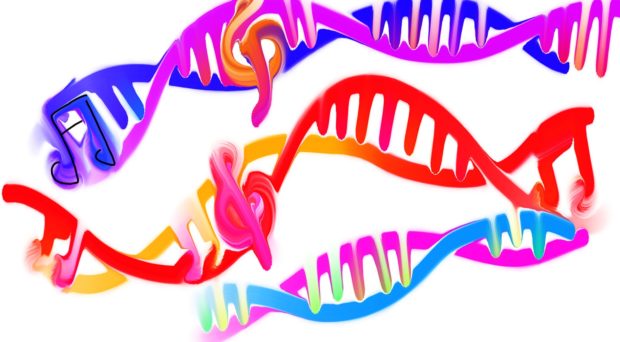
Take an onion. Slice it very thin. Thinner than paper thin: single-cell thin. Then dip a slice in a succession of chemical baths cooked up to stain DNA. The dyed strands should appear in radiant magenta — the fingerprints of life’s instructions as vivid as rose petals on a marital bed. Now you can count how much DNA there is in each cell. It’s simply a matter of volume and density. A computer can flash the answer in seconds: 17 picograms. That’s about 16 billion base pairs — the molecular links of a DNA chain.
Maybe that number doesn’t mean much to you. Or maybe you’re scratching your head, recalling that your own hereditary blueprint weighs in at only 3 billion base pairs. “Huh?” joked Ilia Leitch, a biologist at the Royal Botanic Gardens, Kew, in England. Her reaction mimicked the befuddlement of countless anthropocentric minds who have puzzled over this discrepancy since scientists began comparing species’ genomes more than 70 years ago. “Why would an onion have five times more DNA than we have? Are they five times more clever?”
Of course, it wasn’t just the onion that upended assumptions about a link between an organism’s complexity and the heft of its genetic code. In the first broad survey of animal genome sizes, published in 1951, Arthur Mirsky and Hans Ris —pioneers in molecular biology and electron microscopy, respectively — reported with disbelief that the snakelike salamander Amphiuma contains 70 times as much DNA as a chicken, “a far more highly developed animal.” The decades that followed brought more surprises: flying birds with smaller genomes than grasshoppers; primitive lungfish with bigger genomes than mammals; flowering plants with 50 times less DNA than humans, and flowering plants with 50 times more; single-celled protozoans with some of the largest known genomes of all.










